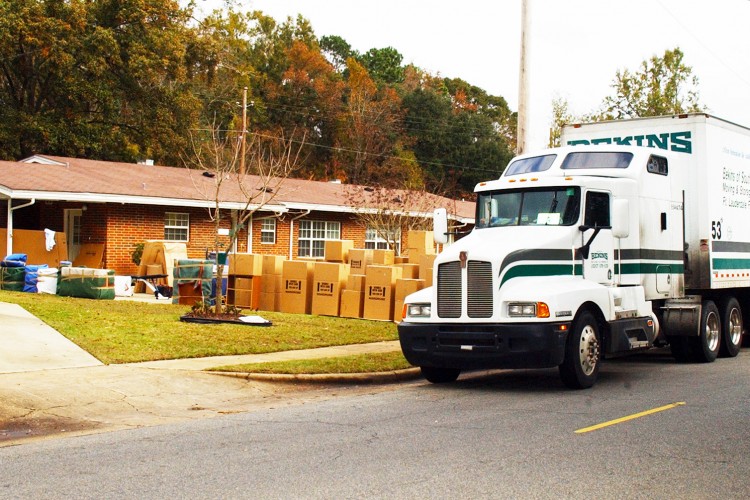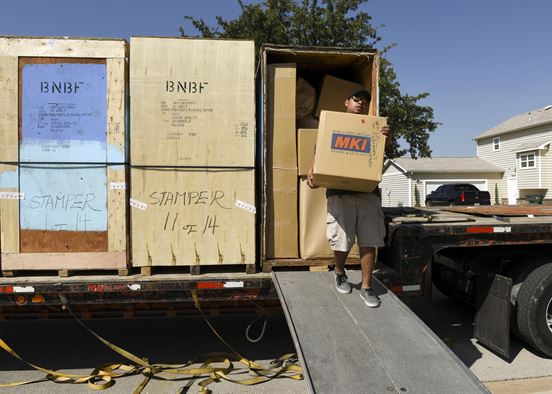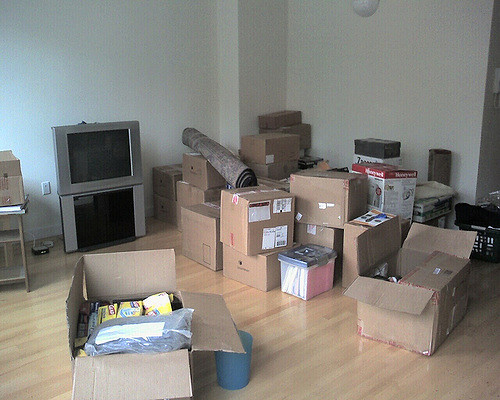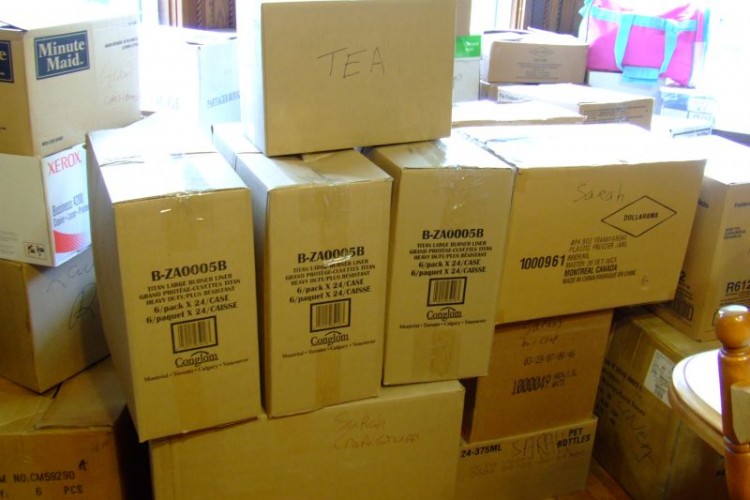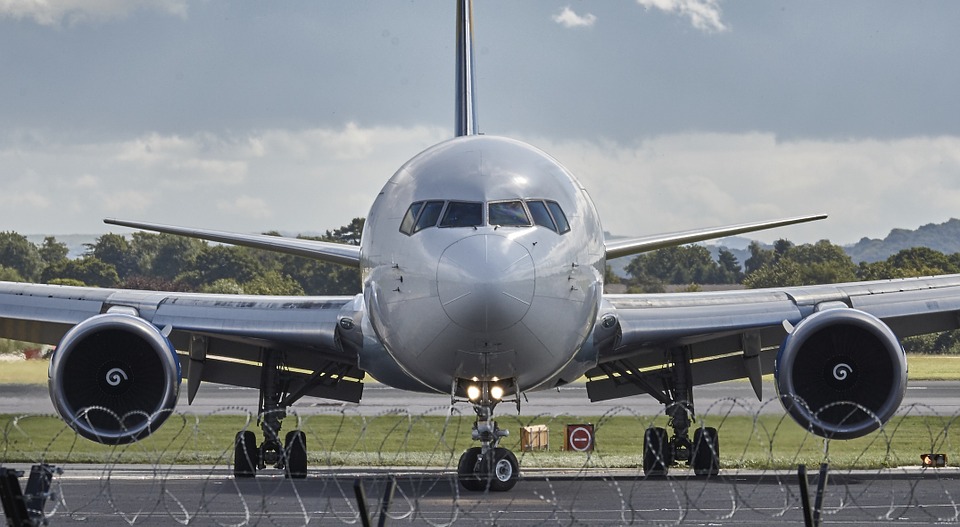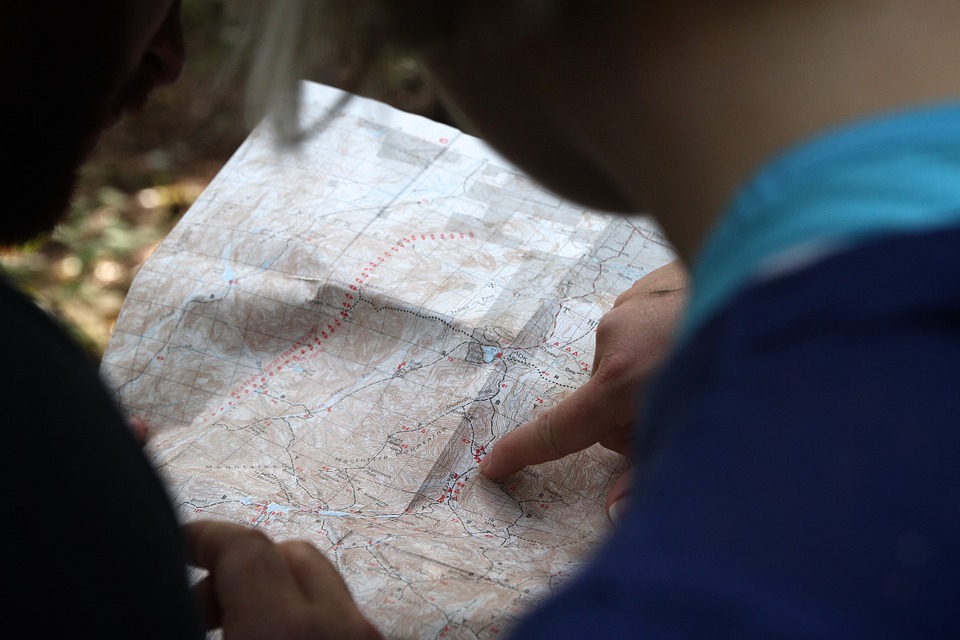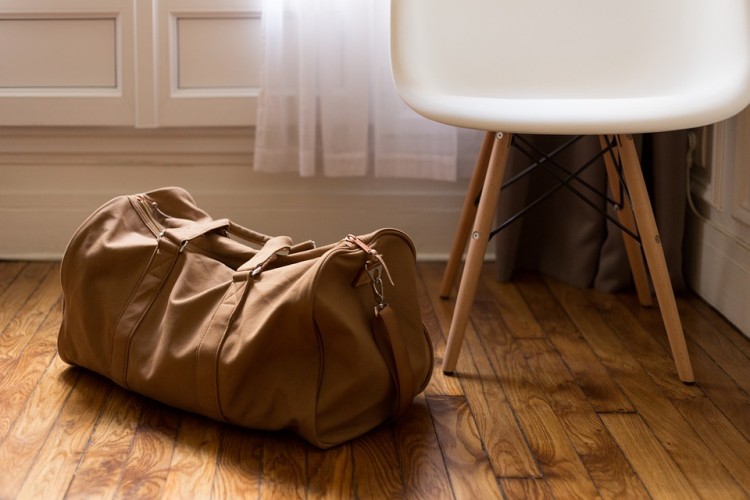Seven Tips for Efficiently Packing for Your In-Town Move
You’re graduating to a larger house, or the breadwinner earned a position at a company across town. Regardless of the reason, you’re ready to move the entire household to a new home. An in-town move is certainly simpler than a long-distance journey, but there are still some details to consider. Before you toss any items into the car, explore these top tips for efficient packing during an in-town move from one of our favorite moving companies Dallas, TX. The entire process will be easier for everyone, including the kids.
1. Haul Over Storage Items Now
You may be less than 20 minutes away from your new home. Take advantage of the distance by moving a few items that are important but not in use. Seasonal decorations are good examples of items that can be placed in the basement or hallway corner, suggests Home Advisor.

2. Pack by Room
Make unpacking easier by organizing your initial packing by room. Write the room description on each box so that they can be quickly pushed into that space when you arrive at the new home. Additionally, add other descriptions, such as “box one of 10,” so that you know if everything has arrived in full.
3. Try Reusable Containers
Good Housekeeping suggests that cardboard boxes aren’t your only solution for efficient moving. Try reusable boxes that are rented from a local supplier. Alternatively, borrow plastic containers from friends so that you can return them afterward. You save money and reduce waste with this strategy.
4. Decide Between DIY and Movers
An in-town move gives you a few options when it comes to the actual transport of your items. Make multiple trips across town by moving the items yourself. Your other option is hiring movers for a one-day project. You might save money by performing the move yourself, but the effort is tiring. Movers also help you pack too, so that’s a factor to consider.
5. Stow Away Heavy Items First
Pack your boxes with the same concept as your grocery bags: heavy items first. Fill a box’s base with heavy items while rounding out space with other articles. Be sure to follow the box’s weight limit to avoid any breakage issues.
6. Consider the Clothing Roll
Discover more space in any box or suitcase by rolling your clothes and linens. Tight rolls stacked together will give you more packing space compared to folding the items.
7. Transport the Food in One Trip
Don’t end up at the new location with spoiled food. Set up your refrigerator on the new property. Transport the food in one trip, especially the perishable items. Tuck these items away in the new kitchen so that you can concentrate on unpacking the rest of the home. If you’d rather not hassle with the groceries, donate your food to a local charity or your church pantry.

If you’ve borrowed any items from your neighbors, it’s time to return them. You want a clean slate as you move onto your next property. In fact, you might find several items to return that lighten your hauling load. Moving any distance takes some planning, but these tips will make an short distance move more enjoyable as you discover a new neighborhood.


